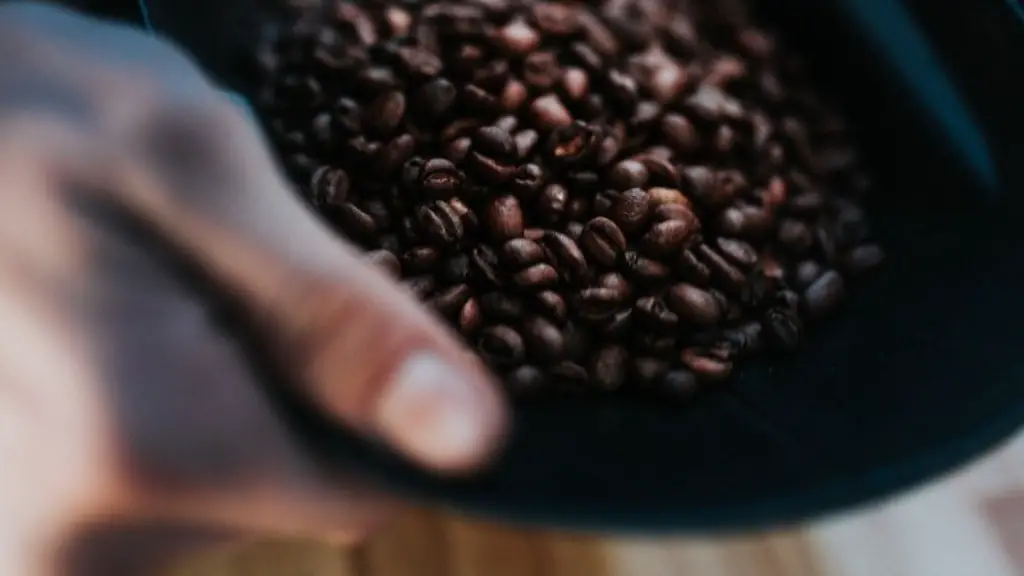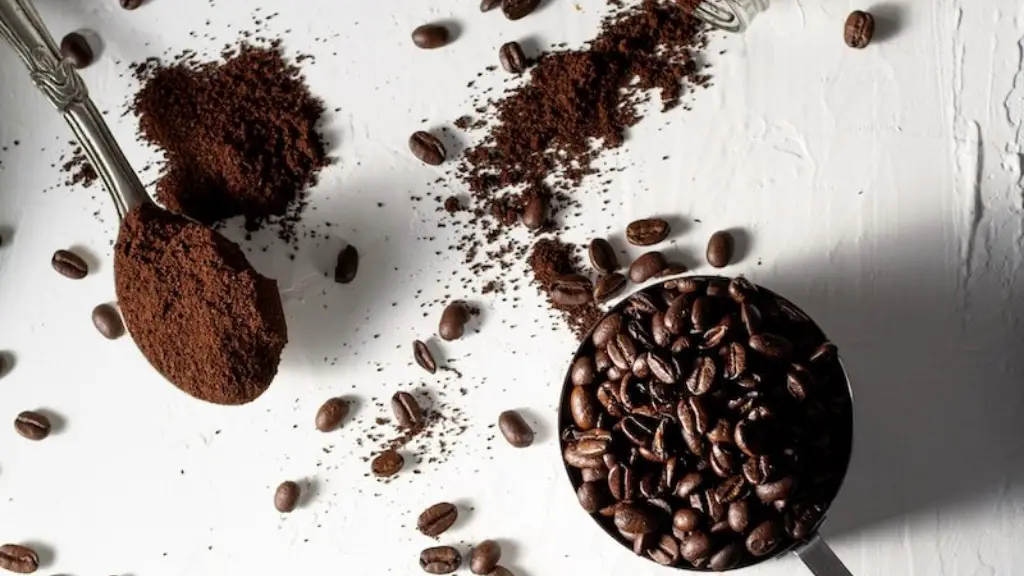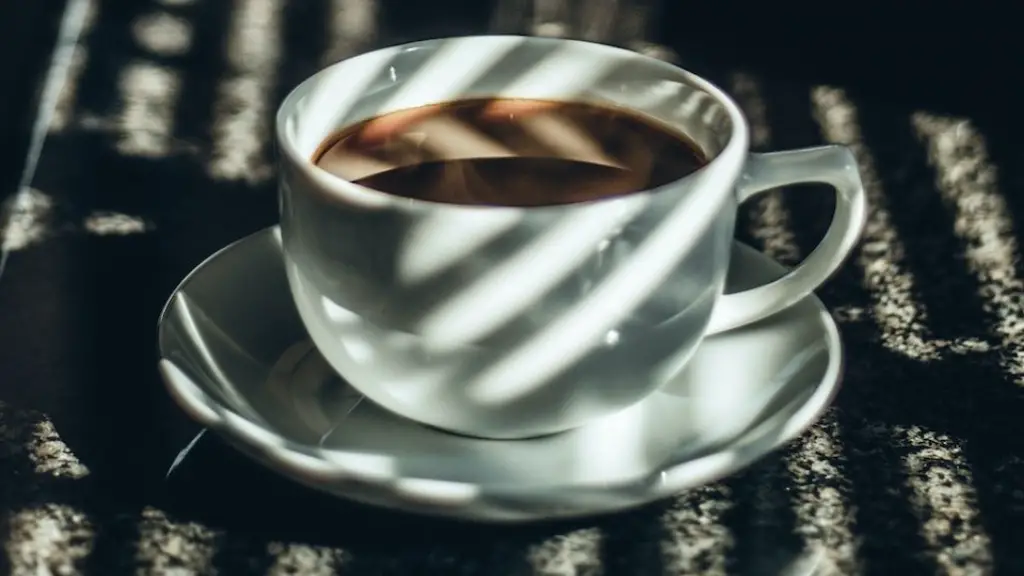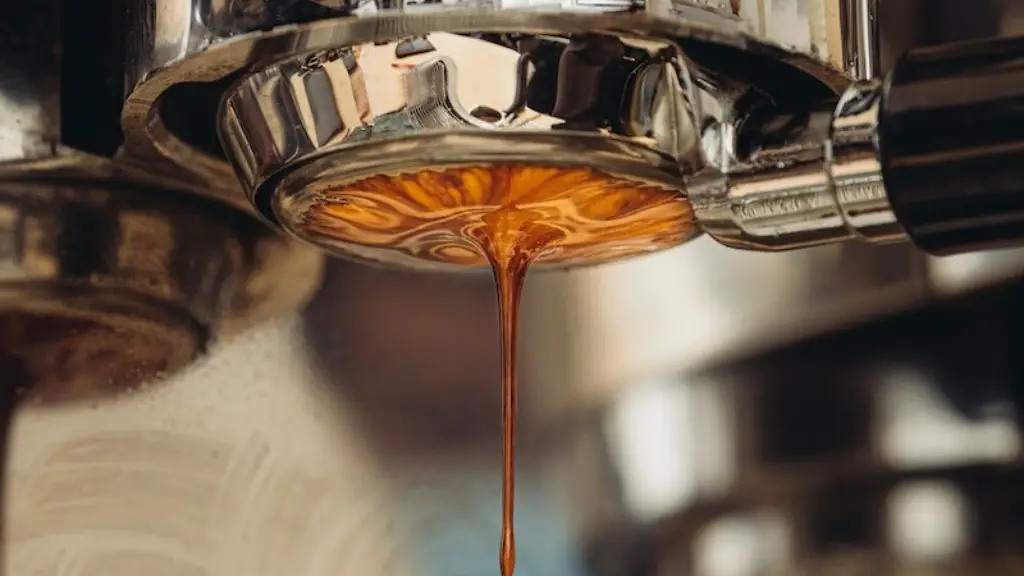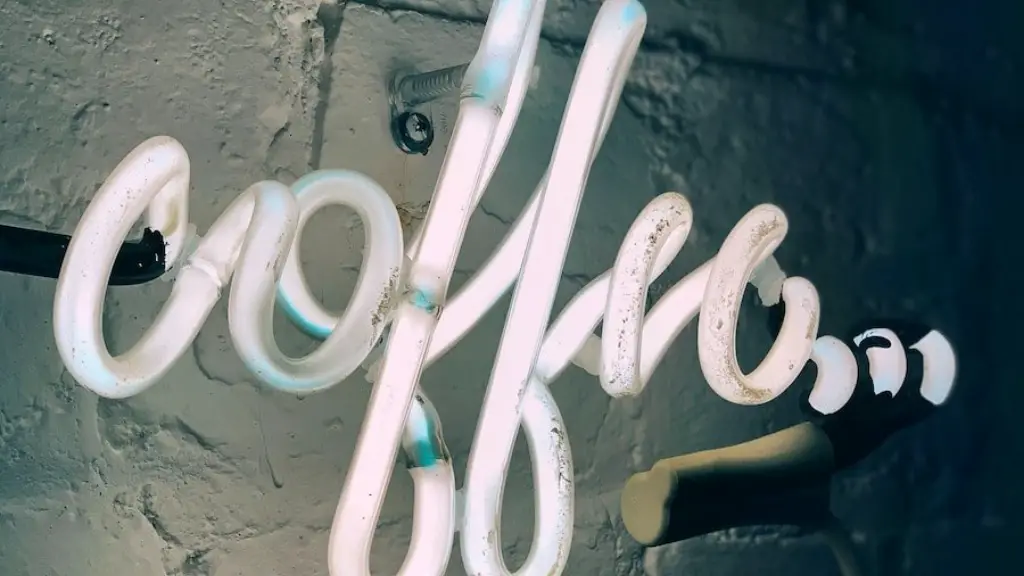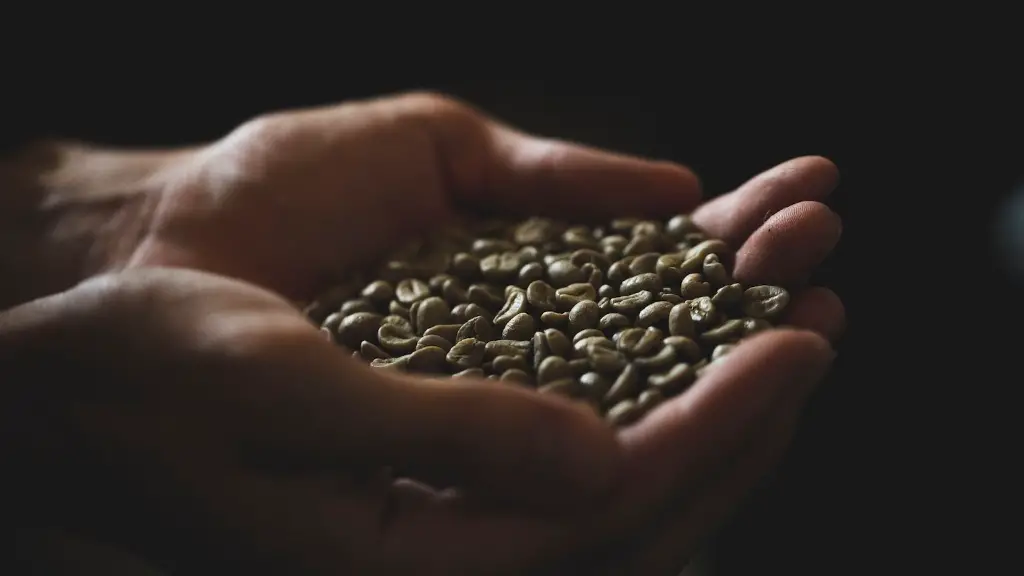The Effects of Coffee on Hangovers
Hangovers are uncomfortable, often debilitating, symptoms of too much alcohol consumption. Many people look for ways to ease these symptoms, and one of the suggestions is drinking coffee.
Caffeine is a stimulant and has been shown to help reduce fatigue, which is common after a night of drinking. Caffeine has many other beneficial effects, such as improving alertness and concentration and increasing energy levels. But drinking it can come with its own set of problems.
Caffeine is a diuretic and can cause dehydration, which can worsen the symptoms of a hangover. This is because the body needs water to process alcohol. Coffee also causes stomach acid secretion, which can make an already queasy stomach worse.
Coffee can also cause tense muscles and jitteriness, which can make an already uncomfortable situation even more difficult to deal with. Coffee can also have a rebound effect, meaning that it will make you sleepy when the effects of the caffeine wear off. This can make it more difficult to function during the day after a night of drinking.
Another downside to drinking coffee when you have a hangover is that it can mask the symptoms of intoxication. This can make it difficult to judge how drunk you are and can lead to making poor decisions while you are still inebriated.
As with any decision, it is important to consider the risks and benefits before consuming coffee to ease hangover symptoms. If it is not used in moderation, it can have more harmful effects than helpful ones.
Effects of Coffee After Exercise
Drinking coffee after exercise can have a number of benefits for those looking to their improve their performance. After an intense workout, coffee can provide the necessary energy boost that is often needed to carry on with the day.
Coffee can also help endurance athletes to push themselves further without becoming winded due to its natural stimulant properties. Caffeine can also provide a physical and mental boost, making it easier to stay focused during a workout.
There are also a number of drawbacks of drinking coffee after exercise. Caffeine is not only a stimulant, but it is also a diuretic, meaning that it can cause dehydration. This can be especially problematic in the heat of the summer, when dehydration occurs more easily.
Drinking too much coffee after exercise can also lead to an upset stomach and nausea, which can ruin any gains made during a workout. These side effects are more likely to occur if you consume too much caffeine or if it is consumed on an empty stomach.
It is important to take into consideration all the risks and benefits of drinking coffee after exercise before deciding whether to consume it. Moderation is key and any underlying medical conditions or allergies should be taken into consideration as well.
Effects of Coffee on Sleep
Coffee has been widely used as a stimulant to help increase alertness, but it can have an effect on sleep as well. Coffee contains natural stimulants such as caffeine that can disrupt the body’s normal sleep/wake cycle.
Studies have shown that consuming caffeine six hours before bedtime can reduce the amount of deep sleep an individual gets. This can lead to feeling more tired the next day as well as difficulty concentrating or focusing.
While it is true that consuming coffee can have an effect on sleep, for most people the effects are temporary and will not significantly impact the overall quality of sleep. But if you are consuming it too often or in large amounts, then the effects can become more pronounced and lead to chronic sleep difficulties.
It is important to note that the effects of coffee on sleep are highly individualized. Some people are more sensitive to caffeine and can experience sleep disturbances after only a small amount while others may be able to consume much larger quantities without any problems.
It is also important to note that caffeine can stay in the system for up to 8 hours, so it is best to avoid consuming it too close to bedtime. If you do consume caffeine in the evening, it is best to limit the amount to avoid any disruption to the body’s natural sleep/wake cycle.
Caffeine Withdrawal Symptoms
Caffeine has become a common part of many people’s daily routines. From coffee in the morning to energy drinks throughout the day, caffeine consumption has become a way of life for many. But if caffeine is consumed in large amounts, it can lead to some unwanted side effects.
Caffeine is a drug, and as with most drugs, dependence can occur if it is consumed on a regular basis. As a result of this dependence, those who consume large amounts of caffeine can experience withdrawal symptoms when they suddenly stop their consumption.
The most common withdrawal symptoms include headaches, fatigue, nausea, irritability, depression, and difficulty concentrating. These symptoms can range from mild to severe, depending on the individual and the amount of caffeine they consume on a regular basis.
It is important to note that the effects of caffeine withdrawal are highly individualized, as some people can experience more severe symptoms than others. Additionally, caffeine withdrawal can take up to seven days to manifest itself.
Overall, it is important to be aware of the potential effects of caffeine on the body before deciding to consume it. Caffeine can be beneficial in the short run, but it can have long term effects if it is used in excess.
Long Term Effects of Caffeine
Caffeine consumption has become a part of many people’s daily routines, but it has its own set of potential health risks associated with it. While the effects of caffeine on the body are usually positive in the short term, consuming it in larger amounts can lead to some unintended consequences.
Long term consumption of caffeine can lead to increased levels of stress hormones such as cortisol and adrenaline, which can negatively impact overall health. Additionally, caffeine can interfere with the absorption of certain vitamins and minerals, leading to deficiencies that can cause a wide range of health issues.
It is also important to note that caffeine can be addictive and regular consumption can lead to dependence. This can lead to unpleasant withdrawal symptoms such as headaches and fatigue if the consumption of caffeine is suddenly stopped.
The effects of caffeine on the body can vary from person to person, so it is important to consider the risks carefully before making the decision to consume it. It is generally recommended to consume no more than 400mg of caffeine per day, which is the equivalent of about 4 cups of coffee.
Does Coffee Dehydrate You?
Coffee is often seen as a beverage that is dehydrating and should be avoided, but for healthy adults, this simply isn’t true. Studies have actually shown that coffee does not dehydrate the body and can actually contribute to overall hydration.
Most of the water that is consumed after drinking coffee is absorbed into the body and urinary excretion is only slightly increased. Additionally, the caffeine in coffee has been shown to improve physical and mental performance, which can result in enhanced performance during exercise and other activities.
It is important to note that caffeine can be dehydrating in certain individuals and in certain situations. Those with underlying health conditions such as diabetes and those who are pregnant should avoid drinking large amounts of caffeine. Additionally, those who are exercising in hot temperatures should be aware that the diuretic effects of caffeine may be amplified.
Overall, for most healthy adults, coffee does not dehydrate the body and can even have some positive effects if consumed in moderation. It is important to be aware of the potential effects of caffeine on the body before consuming it, and to limit the amount consumed to avoid any potential side effects.
